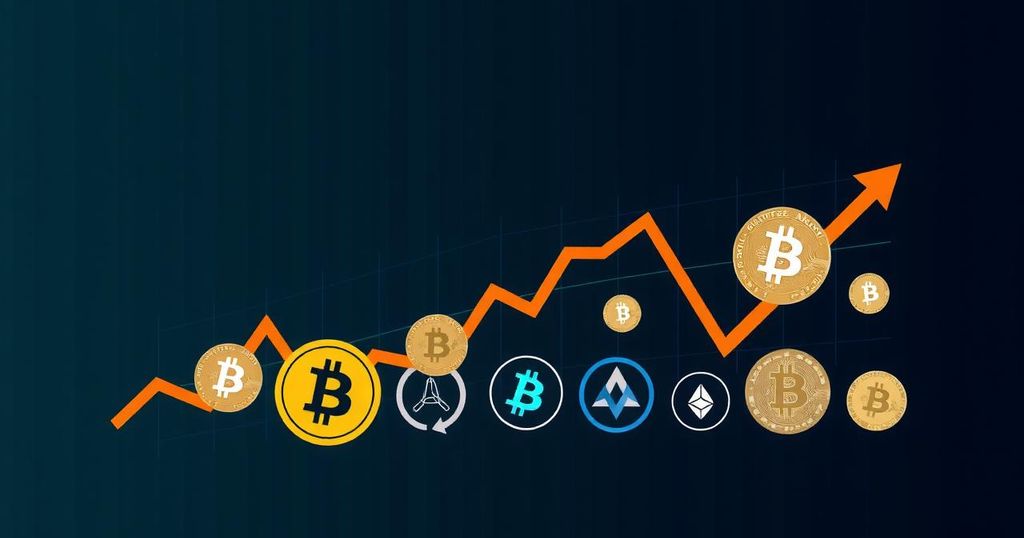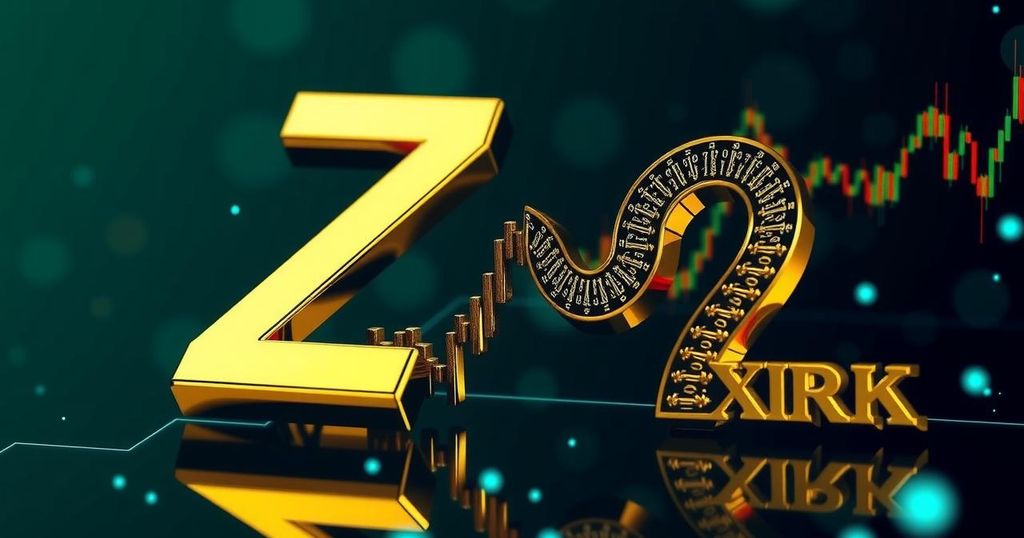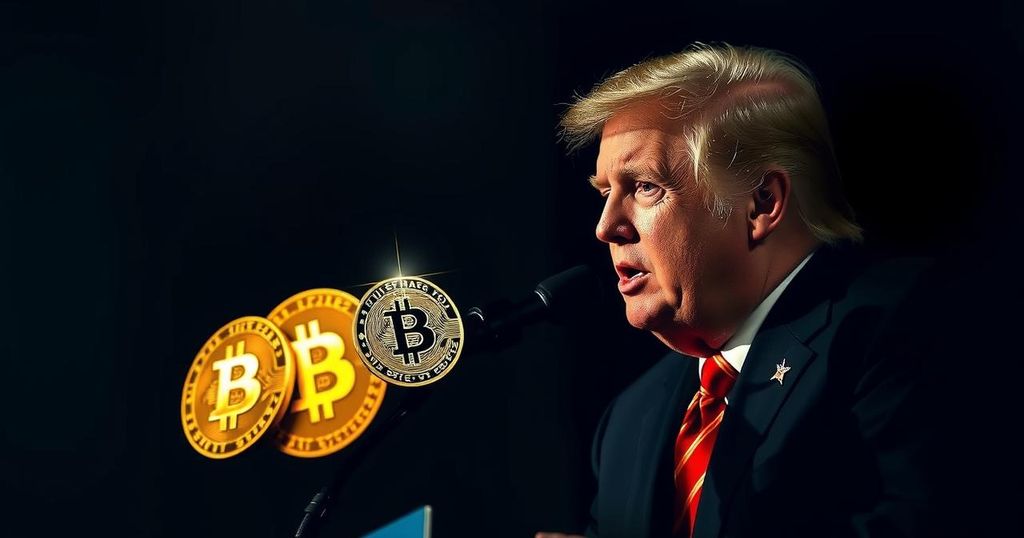Cryptocurrency Market Faces $2 Trillion Decline Amidst Federal Reserve Concerns and Economic Fear
A recent surge of extreme fear regarding the stability of the U.S. dollar has precipitated a significant decline in the cryptocurrency market, resulting in a staggering $2 trillion market loss. Bitcoin has seen its price plummet towards the $50,000 mark, with other major cryptocurrencies such as Ethereum, BNB, Solana, XRP, and Dogecoin collectively losing between 5% and 10% over the past 24 hours. This downturn follows a revelation by Coinbase’s chief executive about an innovative artificial intelligence development, which seems to have contributed to a negative shift in market sentiment.
The Crypto Fear & Greed Index has dramatically fallen to a one-month low of 22, indicating a prevailing sense of worry akin to the conditions observed during prior market downturns in August. Following the release of U.S. jobs data indicating that the economy added only 142,000 new jobs in August—far below economists’ expectations of 161,000—investors are increasingly concerned about the possibility of a recession. Analysts, including Alex Kuptsikevich, senior market analyst at FxPro, have cautioned that Bitcoin may experience significant volatility, particularly if it breaches a critical support level just above $54,000.
However, it is noteworthy that some analysts remain optimistic regarding the potential for a future Bitcoin price recovery. Leena ElDeeb, a research analyst at 21Shares, highlights the Fed’s upcoming decisions regarding interest rates as pivotal for risk-on assets like Bitcoin. There is speculation that a reduction in interest rates could be a catalyst for growth within the cryptocurrency market, as it would traditionally enhance investor appetite and ease borrowing costs.
In summary, the current cryptocurrency market is experiencing turbulence driven by geopolitical and economic fears, particularly concerning the U.S. labor market and potential implications for Federal Reserve monetary policy. While short-term forecasts appear bleak, particularly in light of the current extreme fear sentiment, there are indications that monetary easing could revive investor confidence and stimulate market growth in the later part of the year.








Post Comment